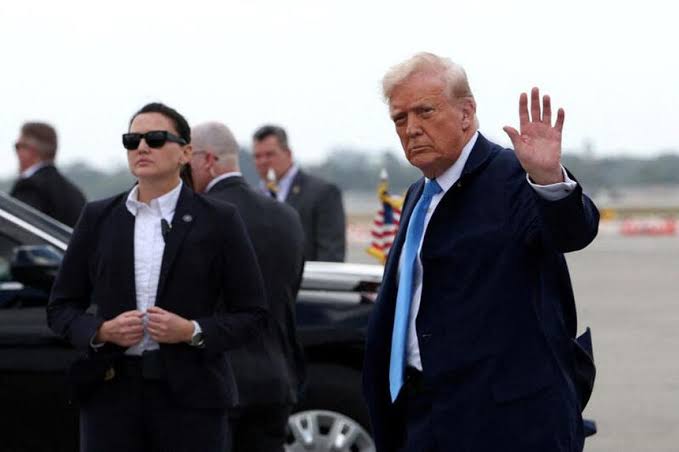The United States has officially withdrawn from the board of the U.N.’s climate damage fund, which was established to assist impoverished and vulnerable nations in managing disasters exacerbated by climate change, as indicated in a letter reviewed by Reuters.
This decision is part of a series of actions taken by President Donald Trump’s administration aimed at reducing U.S. involvement in climate change initiatives and reflects a broader trend of disengagement by the wealthiest nation from multilateral efforts.
Since assuming office in January, the administration has ceased the participation of U.S. scientists in international climate assessments, terminated funding agreements intended to help countries decrease coal dependency, and has once again removed the U.S. from the Paris climate accord.
At the COP28 U.N. climate summit in 2023, nearly 200 nations had reached an agreement to establish the “loss and damage” fund, marking a significant achievement for developing countries that have long sought assistance in light of increasing extreme weather occurrences.
In a letter dated March 4 to fund co-chair Jean-Christophe Donnellier, Rebecca Lawlor, the U.S. representative on the fund’s board, stated that both the United States Board Member and the United States Alternate Board Member would resign, with no plans for a U.S. replacement.
The withdrawal is effective immediately, as noted in the correspondence.
The U.S. Treasury Department has not yet responded to inquiries regarding this matter.
The climate damage fund is managed by the World Bank, whose president is appointed by the United States. The letter from the U.S. did not address any modifications to the hosting arrangement or clarify whether the board withdrawal signifies a complete exit from the fund.
As of January 23, wealthy nations had committed $741 million to the fund, with the United States contributing $17.5 million. It remains uncertain whether the U.S. will fulfill this commitment.
The fund is expected to begin financing projects this year, aimed at supporting vulnerable countries that have experienced irreversible damage from droughts, floods, and other climate-related impacts, including the degradation of agricultural land.
Activist Harjeet Singh emphasized that the United States’ exit from the fund does not exempt it from its duty to tackle climate-related harm.
See More: Nine Egyptians freed after 19 months in Sudanese captivity
“The United States, being the largest historical emitter, holds a substantial portion of the responsibility for the climate challenges faced by vulnerable communities around the globe,” stated Singh, who is the director of the non-profit organization Satat Sampada Climate Foundation.




